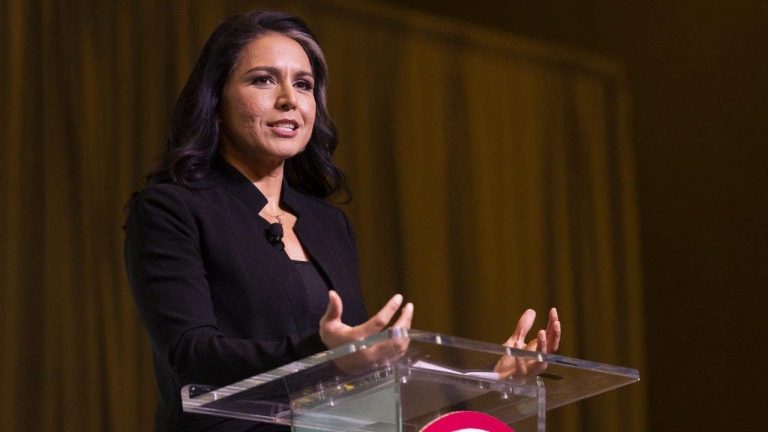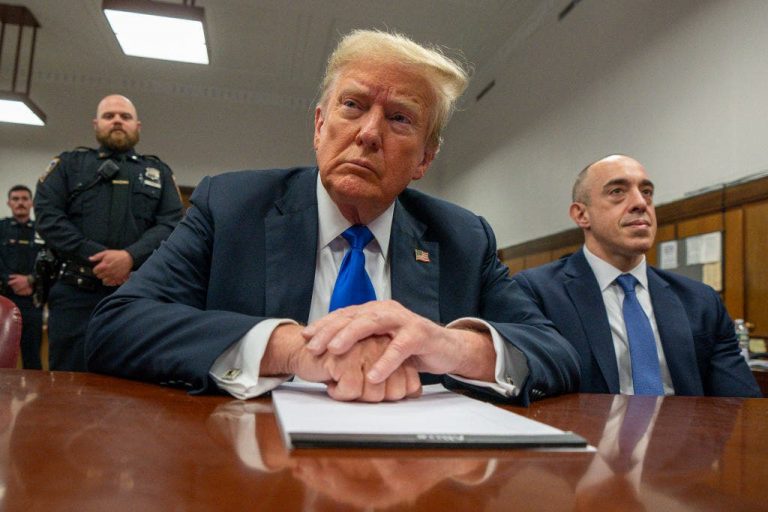Expert says new information about Iran’s nuclear activity could change US assessment of weapons capability.
Recent intelligence reports have raised concerns about Iran’s nuclear program, prompting upcoming discussions between U.S. and Israeli officials at the White House. The focus of the meeting will be on new information suggesting Iran has acquired a computer modeling program that could be utilized in the development of nuclear weapons. The true intentions behind the program are a topic of debate among officials, with some fearing it could expedite Iran’s path to a nuclear bomb.
Richard Goldberg, a senior adviser at the Foundation for Defense of Democracies, expressed apprehension regarding the current situation, stating that the new revelations could potentially alter the previous assessments of Iran’s nuclear activities. He criticized the Biden administration for reversing the “maximum pressure” policies enacted by former President Trump, suggesting that Iran is making significant progress towards acquiring the necessary materials for a nuclear weapon.
The International Atomic Energy Agency (IAEA) recently confirmed Iran’s operation of advanced centrifuges at its Natanz enrichment facility, marking a significant development in the country’s uranium enrichment capabilities. Iran has already enriched uranium up to 60%, bringing them in close proximity to weapons-grade levels of 90% purity.
Furthermore, Iran is planning to deploy additional cascades of advanced centrifuges at both the Natanz and Fordow nuclear sites, demonstrating their commitment to enhancing their uranium enrichment processes. These new centrifuges are designed to enrich uranium at a faster rate than the existing IR-1 centrifuges, showcasing Iran’s determination to advance their nuclear program.
As tensions surrounding Iran’s nuclear ambitions continue to escalate, experts are warning of the potential risks associated with Iran’s technological advancements in the nuclear field. The international community is closely monitoring the situation, with calls for diplomatic solutions to prevent further escalation of tensions in the Middle East.
In conclusion, the upcoming meeting between U.S. and Israeli officials at the White House signifies the critical need for coordinated efforts to address the challenges posed by Iran’s nuclear program. The outcome of these discussions will likely shape the future trajectory of nuclear non-proliferation efforts in the region, underscoring the importance of international cooperation in tackling complex security issues.








